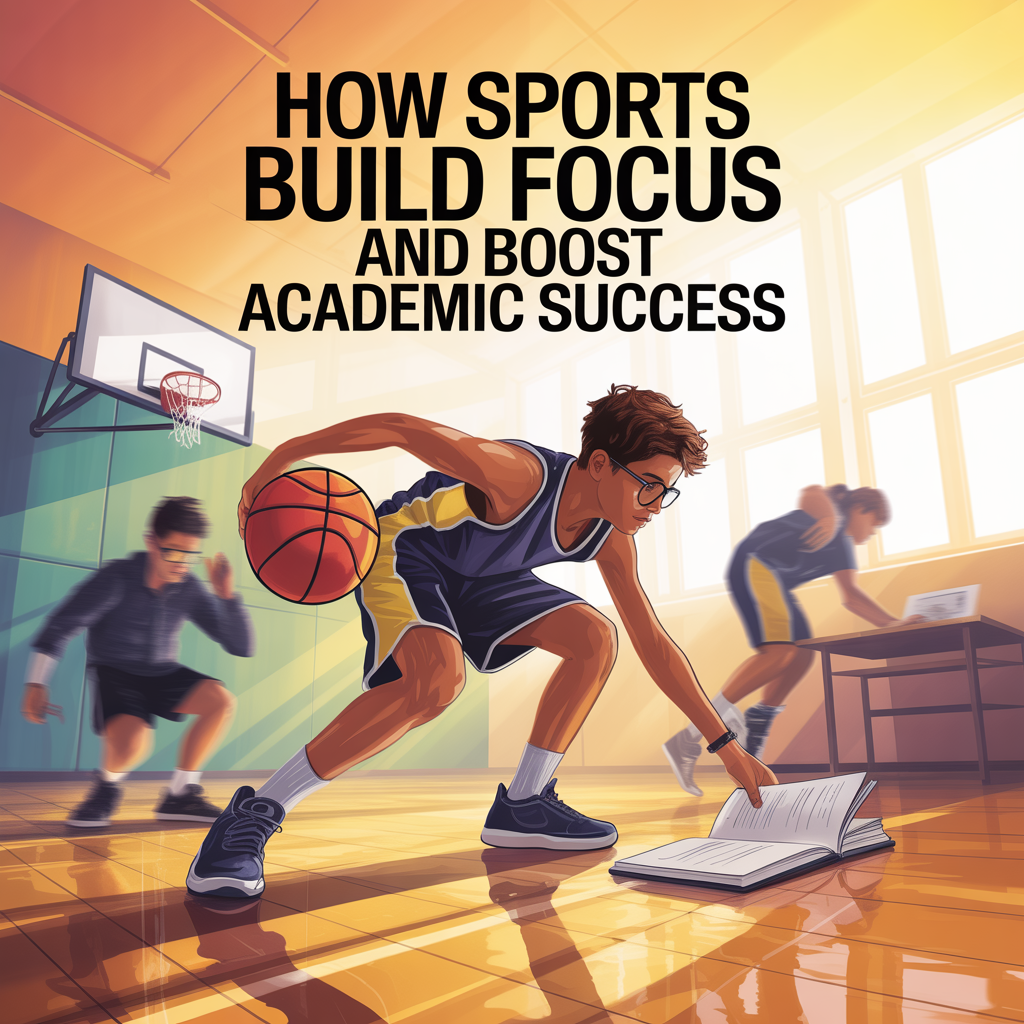
Balancing academics and sports has long been seen as a challenge for students, but research and real-life experiences consistently show that athletic participation can sharpen focus, discipline, and mental resilience. Far from being just a way to build physical strength, sports are also powerful tools in developing concentration and structured thinking—core skills that directly translate into academic success. This synergy between the playing field and the classroom is becoming increasingly recognized as a key factor in helping students thrive holistically.
Real Stories: How Student-Athletes Excel Academically
Student-athletes regularly report that the habits they learn on the field—such as time management, persistence, and mental clarity—carry over into their studies. For example, in a recent survey from one of our programs, 78% of participants noted improved concentration in class within three months of starting regular training. One student shared that sports gave them the discipline to structure their daily routine, resulting in higher grades and more consistent study habits. These personal stories highlight how the focus developed during practice sessions is not limited to athletics but extends to exam preparation, problem-solving, and project work.
In fact, teachers and parents alike see the difference. Students who engage in structured sports programs often become more goal-oriented and resilient in the face of academic challenges. The discipline of training several times a week teaches them how to prioritize responsibilities and manage stress. Rather than feeling drained, many find that exercise increases their mental energy, allowing them to participate more fully in lessons and retain what they learn. This creates a real-life proof point that athletic involvement can serve as an academic advantage rather than a distraction.
Supporting Your Child’s Journey in Sports and Studies
Parents play a pivotal role in helping student-athletes strike a balance between academic and athletic demands. Encouragement, combined with gentle guidance, helps students avoid burnout while building sustainable routines. One effective approach is to set consistent study times around training schedules, ensuring that schoolwork isn’t left until the last minute. Celebrating both academic and athletic achievements equally also reinforces the idea that success in one area supports success in the other.
Practical support is equally important. Providing healthy meals, ensuring children get enough sleep, and fostering open communication about challenges can help them manage both worlds more effectively. Parents can also collaborate with coaches and teachers to create a supportive environment tailored to their child’s needs. By keeping realistic expectations and maintaining a balance between encouragement and understanding, parents can help their children enjoy the benefits of sports while still excelling academically.
Sports are not just about winning games—they are about building life skills that extend far beyond the field. By promoting focus, resilience, and discipline, athletics serve as a training ground for academic success. For student-athletes, the lessons of commitment and goal-setting carry through to the classroom, empowering them to achieve stronger results while maintaining balance. When families, schools, and sports programs work together, students develop the tools they need to thrive both academically and personally. The power of focus developed through sports truly becomes a cornerstone for lifelong success. The Orlando Cepeda Foundation
